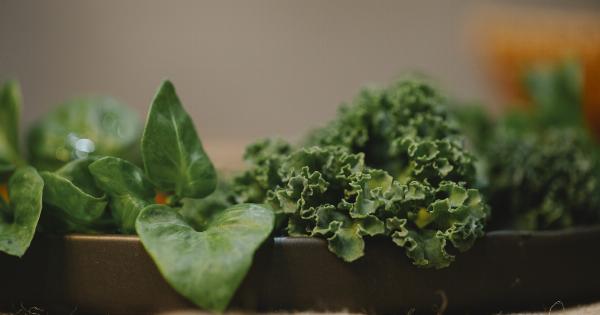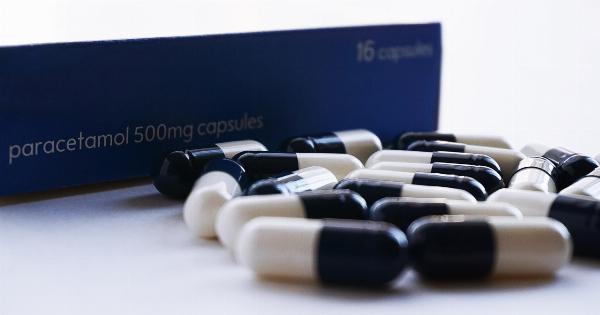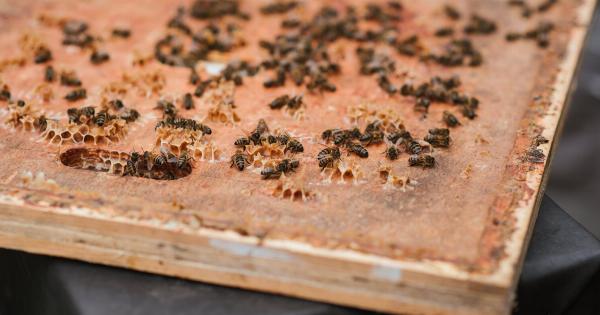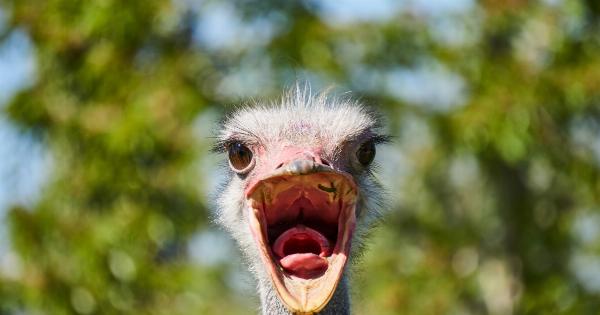Our body needs various nutrients to function properly. From carbohydrates to proteins, vitamins to minerals, everything plays a vital role when it comes to optimal health.
However, when we don’t get enough of these nutrients, it starts reflecting in our body, including our hair, skin, nails, and overall health.
Common signs of nutrient deficiency in hair
Our hair is one part of our body that can quickly reflect our overall health status. If you are missing out on crucial nutrients, you may notice the following signs in your hair:.
Dull and lifeless hair
When our body is missing out on vitamins and minerals, it starts to reflect in our hair, making it look dull and lifeless. Our hair needs enough moisture and oil to keep them looking healthy and shiny.
Slow hair growth
The rate of hair growth depends on several factors, including genetics, age, and nutrition. When you’re not eating enough nutrients, your hair stops getting the required nourishment to grow long and strong.
This could result in hair fall and stunted hair growth.
Brittle hair
If your hair feels dry, brittle, and is prone to breakage, it could indicate a lack of protein and iron. Protein is the building block of hair, and iron helps transport oxygen to your hair follicles, leading to hair growth and strength.
Fatigue and nutrient deficiencies
Feeling tired all the time can be frustrating, and it can affect the quality of your life. It is essential to note that fatigue can be a result of several factors, including stress, poor sleep quality, and underlying medical conditions.
However, a lack of nutrients in your diet can also make you feel tired and sluggish.
Iron deficiency anemia
Iron is a crucial mineral that helps in the production of red blood cells in your body. These red blood cells are responsible for transporting oxygen to your body’s tissues.
When your body lacks iron, it can lead to iron deficiency anemia, which results in symptoms like fatigue, weakness, and shortness of breath.
Vitamin D deficiency
Vitamin D is an essential nutrient that helps in absorbing calcium from your diet. It is also responsible for maintaining strong bones, teeth, and muscles. When you lack vitamin D, it can make you feel tired and fatigued.
It can also lead to other health conditions like osteoporosis, depression, and hypertension.
Vitamin B12 deficiency
Vitamin B12 is essential for maintaining a healthy nervous system and producing red blood cells. When you lack vitamin B12, it can lead to anemia, fatigue, and weakness.
Bruises and nutrient deficiencies
If you have been experiencing an increase in bruises on your body lately, it could indicate a nutrient deficiency.
Vitamin C deficiency
Vitamin C helps your body produce collagen, which is essential for maintaining healthy skin, bones, and muscles. A lack of vitamin C can cause your skin to become thin and fragile, making it more susceptible to bruising.
Vitamin K deficiency
Vitamin K is responsible for producing clotting factors that help in blood clotting. When you lack vitamin K, it can lead to uncontrolled bleeding, easy bruising, and other bleeding disorders.
Conclusion
Our body needs an adequate amount of nutrients to function properly. When we don’t provide it with the necessary vitamins, minerals, and other nutrients, it starts reflecting in our hair, fatigue, bruising, and other signs.
If you’re experiencing any of the above symptoms, it is crucial to consult a healthcare provider and get your nutrient levels tested.






























